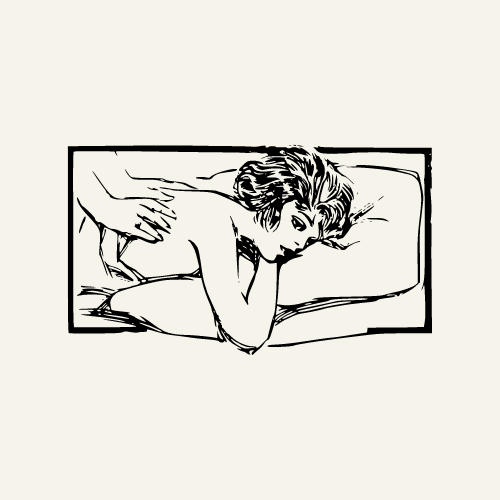Did you know that more than 100 million people suffer from mental health disorders worldwide? Three out of four GP visits are related to stress, anxiety and depression. With the ongoing global pandemic, it’s likely that this number has increased in recent months.
Stress is a normal part of life
There are two major types of stress; stress that is beneficial – that is the good stress. And then there is the bad stress that can cause anxiety and health problems that are detrimental to the body.
Each type of stress triggers physiological responses; an increase in adrenaline production, an increase in heart and blood pressure and an increase in your breathing rate. These bodily responses are positive as long as you can channel them over a short period of time. If, on the other hand, there is no release, no matter how small, then stress becomes negative. Emotional stress that stays around for weeks or months can weaken the immune system.
We are currently living in very difficult and scary times. Feelings of separation and isolation are prevalent. Financial worries are high. The strain on the body of these negative stressors can manifest in many ways including the following symptoms:- chronic fatigue, headaches, changes in appetite, lack of concentration/motivation, irritability/anger, muscle tension, problems falling asleep or staying awake, auto-immune illnesses, poor memory, and cognition, impulsive behaviour, poor decision making, inflammation, anxiety and depression.
So, how can we manage our stress levels?
Watch out for signs of stress overload. We are all different, but we all know our own bodies. If something is not right, you’ll recognise the signs.
Exercise reduces the stress hormones and fills the body with much needed feel-good endorphins. Even just going out for a walk can help. Practice some relaxation techniques such as yoga, breathing exercises or meditation. Listen to calming, relaxation music – there are lots of apps that are available to download onto your mobile. Or you can book yourself a regular massage.
The role of essential oils in stress management
Try inhaling essential oils either via a diffuser that you can use in any room in your home, or by inhaling directly from your hands. Simply place a couple of drops of the oil in your hands and inhale. The aroma travels up through your nose to the Limbic System part of your brain where it is processed and releases neurochemicals that can be relaxing, stimulating or sedative depending on which oil you have chosen.
Essential oils can also be used topically and are easily absorbed through the skin into the body/blood stream. Having regular Aromatherapy Massage treatments can help to give you back control of your body and emotions. Working with your therapist, the treatments can be tailor made for you according to how you feel at that moment.
If you would like more information or would like to book a treatment, you can call me or message me.
